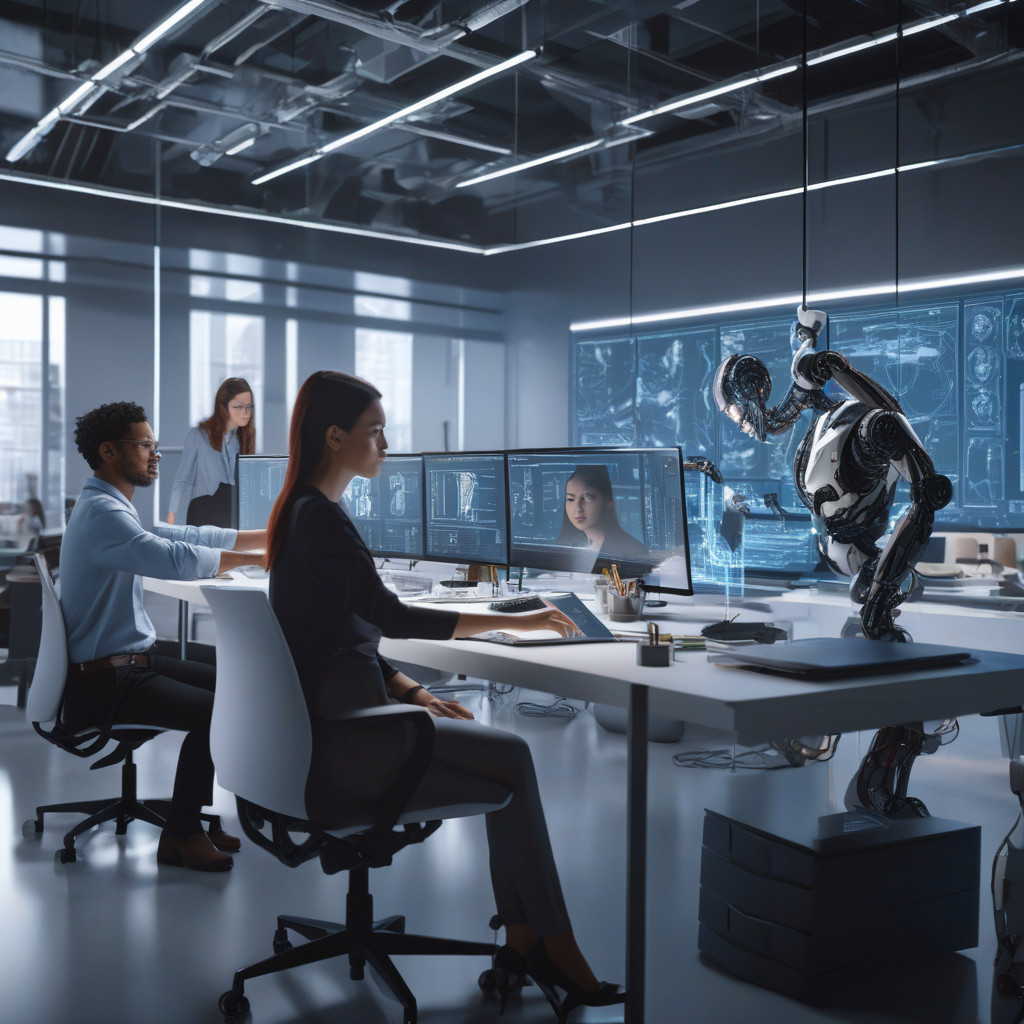In the realm of software development, the allure of generative AI is undeniable. The prospect of automating code creation and streamlining the development process holds vast potential. Yet, as enticing as it may seem, it’s crucial to acknowledge a fundamental truth: generative AI is not a silver bullet for building your engineering team.
Sure, generative AI tools can churn out lines of code with remarkable speed and efficiency. They can assist in automating repetitive tasks, accelerating prototyping, and even suggesting solutions to complex problems. However, the key distinction lies in the quality of the code produced. It’s easy to generate code, but not so easy to generate good code.
Consider this scenario: you deploy a generative AI tool to create a new feature for your application. While the tool may generate functional code that meets the basic requirements, it lacks the nuanced understanding of your project’s architecture, design patterns, and performance considerations. The result? Code that works but may not be optimal in terms of scalability, maintainability, or security.
This is where the expertise of a skilled engineering team comes into play. Human developers bring a wealth of experience, creativity, and problem-solving abilities to the table. They possess the critical thinking skills necessary to design robust solutions, optimize performance, and anticipate potential pitfalls. While generative AI can assist in certain aspects of the development process, it cannot replicate the ingenuity and intuition of a seasoned engineer.
Moreover, building a strong engineering team goes beyond just writing code. Collaboration, communication, and creativity are essential components of a successful development team. These human-centric skills are not easily replaced by AI, no matter how advanced the technology may be. The ability to brainstorm ideas, provide constructive feedback, and work together towards a common goal are intrinsic to the human experience and are irreplaceable in a team setting.
In essence, generative AI should be viewed as a tool in the developer’s arsenal, not a substitute for human expertise. By leveraging AI to automate repetitive tasks, streamline workflows, and augment creativity, engineering teams can enhance their productivity and focus on more strategic initiatives. However, the ultimate responsibility for crafting high-quality, efficient code rests with the human developers who possess the domain knowledge and experience to deliver exceptional results.
So, the next time you consider integrating generative AI into your development process, remember this: while AI can assist in generating code, it’s the human touch that elevates code from good to great. Embrace AI as a supportive ally, but never underestimate the indispensable value of a skilled and cohesive engineering team. After all, it’s not just about writing code—it’s about writing great code that stands the test of time.

